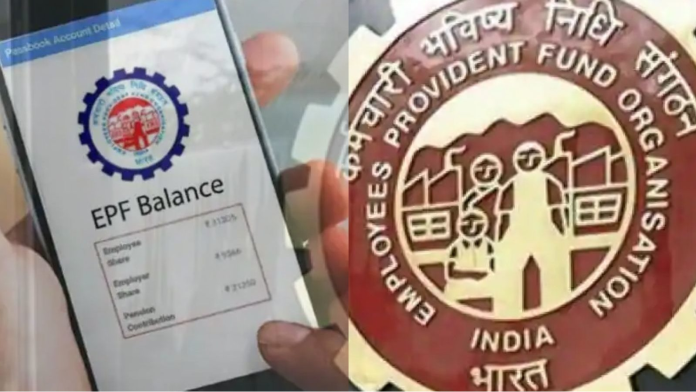It is more than two months since we entered the New Financial Year 2022-23. In such a situation, most of the employees must have received the letter of salary hike from their company. That means there would have been an increase in the salary.
If your salary has increased and the letter with salary hike has reached in your hands, then you should also take a look at the monthly provident fund i.e. PM (PF) deduction. This is because as per the income tax rules, if the annual EPF contribution of the Employees’ Provident Fund Organization (EPFO) member is more than the prescribed limit, then the EPF interest tax will have to be paid. In fact, the contribution amount in excess of the limit will also be taxable.
What is rule?
According to the income tax rules effective from 1 April 2021, tax will have to be paid on the interest earned on contribution of more than Rs 2.5 lakh annually. Let us tell you that the Finance Minister had taken this decision keeping in mind the high salary employee. However, this rule will not affect those with a monthly salary of Rs 2 lakh.
If an employee has invested ₹3 lakh in his EPF account in a financial year, the interest earned on the additional ₹50,000 contribution will be taxable. Explain that according to its recent notification (dated 15-02-2022) by the Revenue Department, tax will be levied on the interest of government employees who have deducted GPF above five lakh rupees.
The government has implemented the Income Tax (25th Amendment) Rules 2021.Due to this, the limit of maximum tax free contribution in GPF has been implemented to 5 lakhs. If the deduction is made by the employee over this, then the interest income will be considered as income.
















